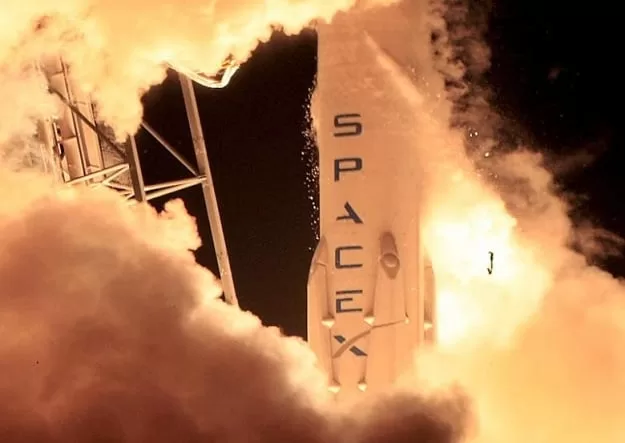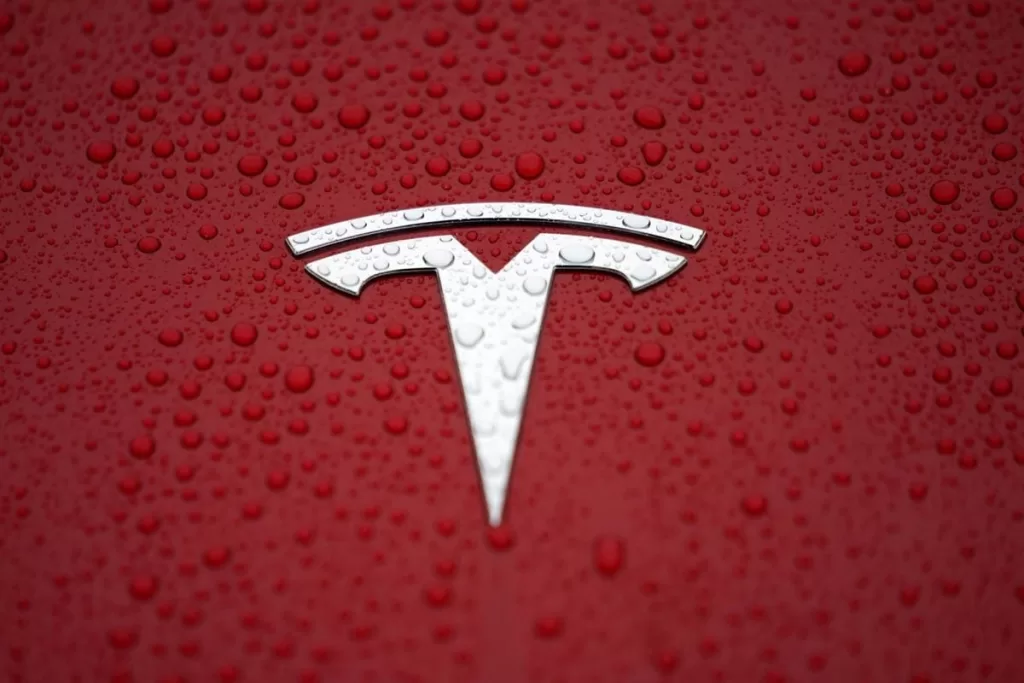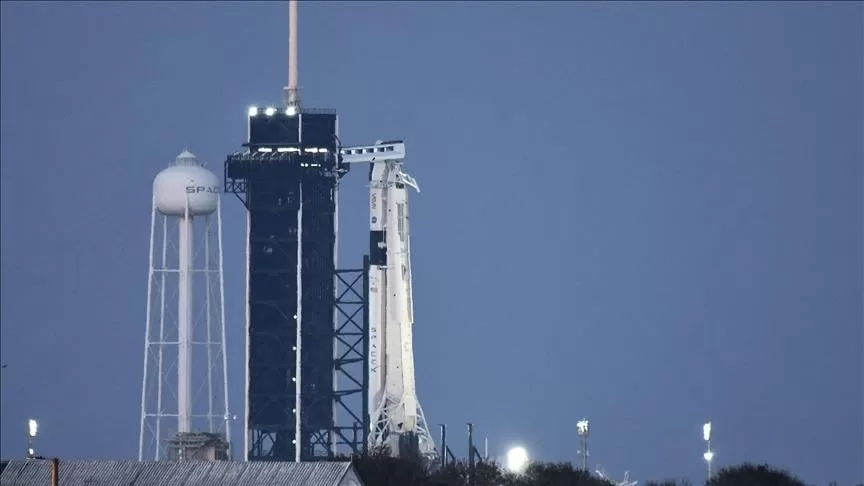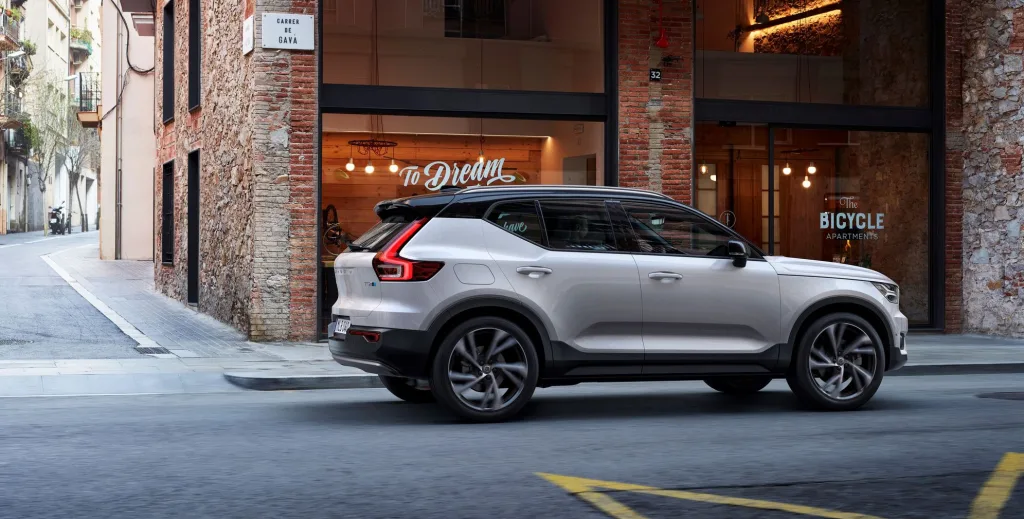This emerging trend in the automotive industry presents a partial divergence from the electrification movement. Despite the increasing production of electric vehicles, a significant number of cars still rely on traditional fuel sources. Some manufacturers opt against integrating batteries into their vehicles for various reasons. Consequently, e-fuels have emerged as a greener alternative to conventional fuels, extending their application beyond automotive contexts.
E-fuels encompass e-kerosene, e-methane, and e-methanol, synthesized from CO2 emissions and renewable, CO2-free electricity. Despite previous bans, the European Commission now permits the sale of vehicles running on e-fuels post-2035, provided they exhibit no adverse climate impact. This shift may lead to heightened e-fuel production in the forthcoming years.













